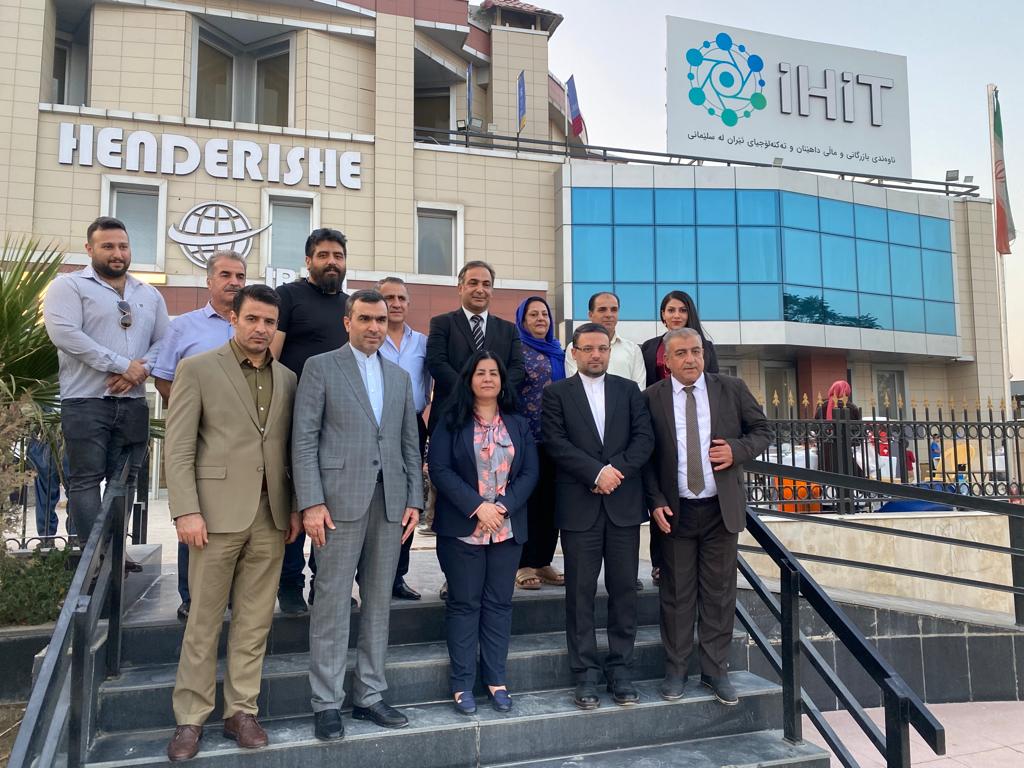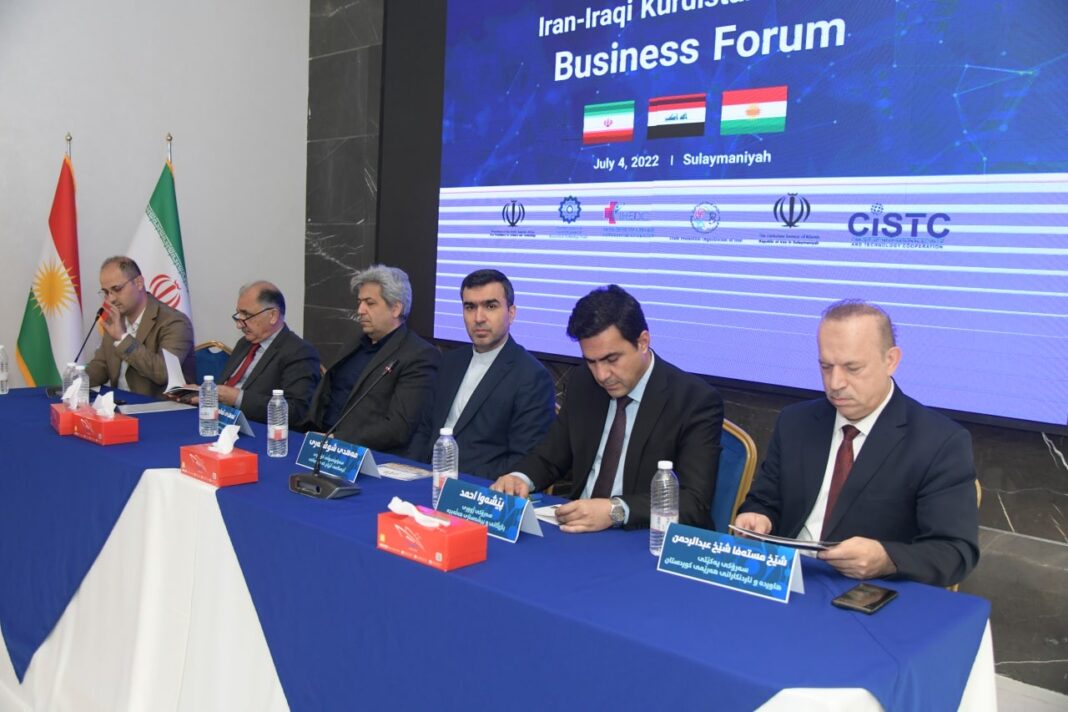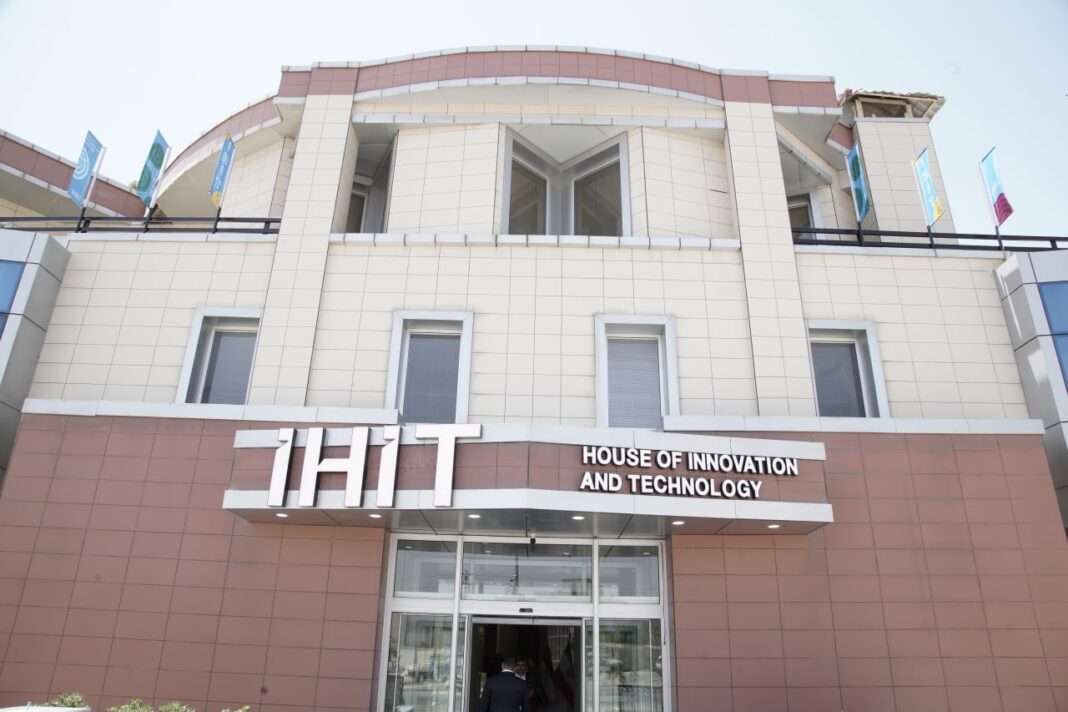1. The Effect of Global Inflation on Kurdistan
Rising inflation worldwide has impacted commodity prices, imports, and living costs in Kurdistan. Higher food and energy prices have led to an increased cost of living, affecting both businesses and consumers.
2. The Strength of the U.S. Dollar and Its Local Impact
Kurdistan’s economy is closely tied to the Iraqi dinar and the U.S. dollar. A strong dollar can increase import costs, making goods more expensive, while a weaker dollar can benefit exporters but lead to inflationary pressures.
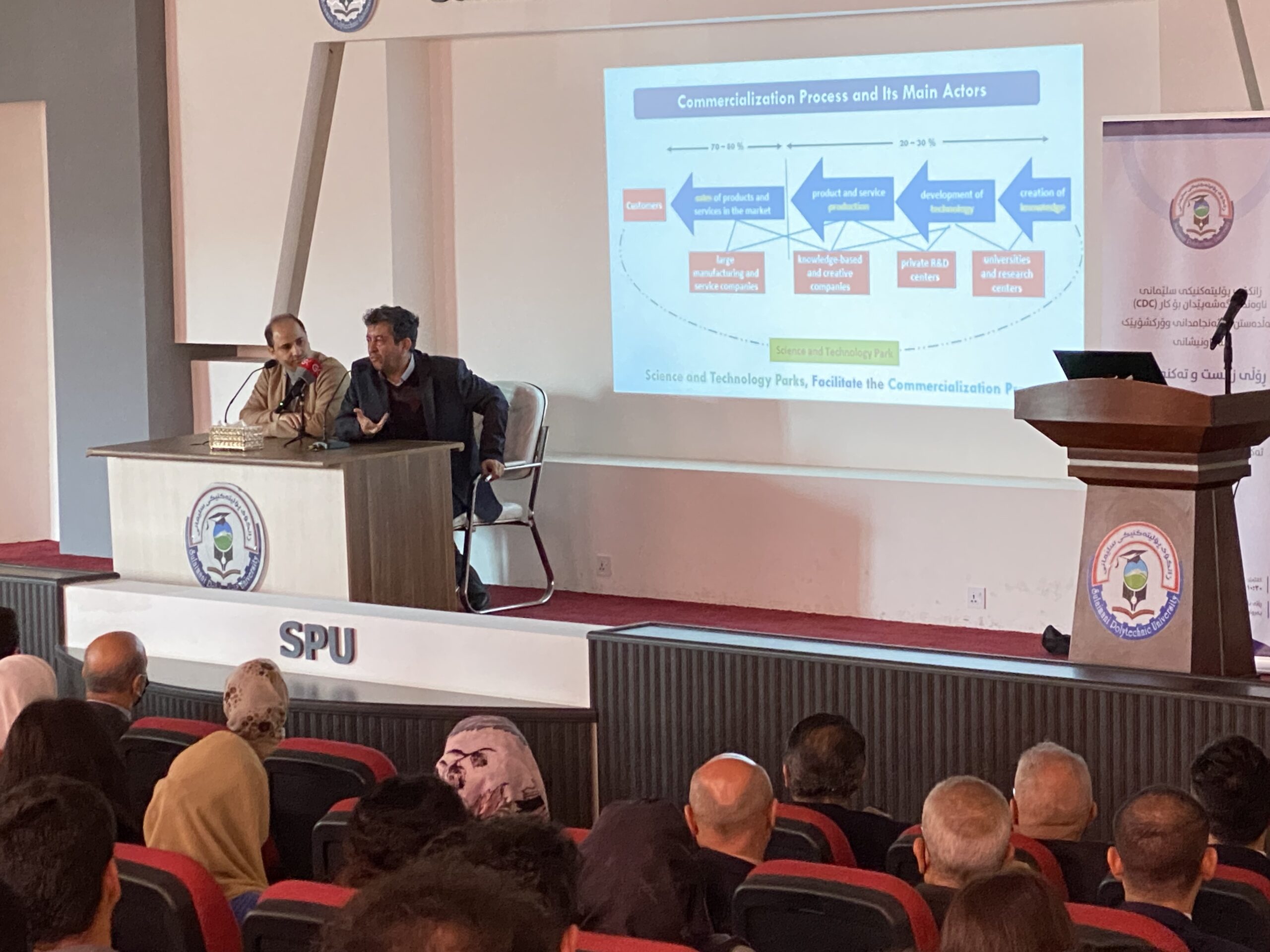
3. Foreign Investment Amid Economic Uncertainty
Global economic instability has led investors to be cautious about emerging markets, including Kurdistan. However, long-term projects in energy, construction, and logistics remain attractive, particularly for companies seeking expansion in the Middle East.
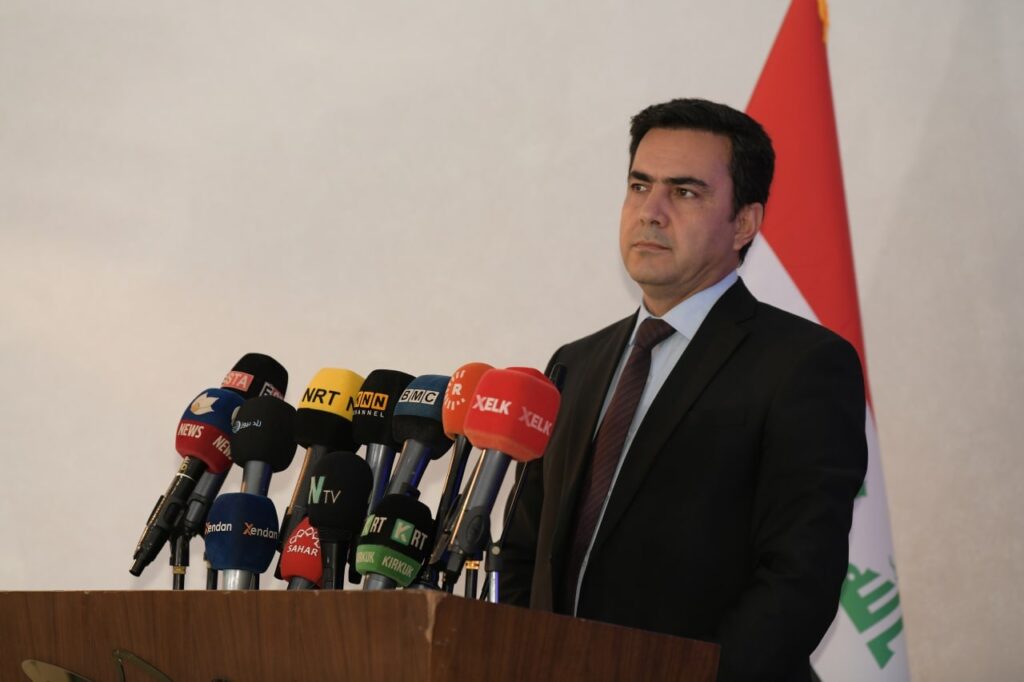
4. The Role of Global Supply Chain Disruptions
Supply chain disruptions caused by pandemics, conflicts, and logistical issues have affected Kurdistan’s imports and exports. Delays in raw materials and rising transportation costs have challenged local businesses and construction projects.
5. Kurdistan’s Strategy for Economic Stability
To mitigate the effects of global uncertainty, the KRG is implementing policies to support local industries, enhance food security, and attract foreign investment. Expanding digital trade and e-commerce is also part of the strategy to connect with international markets.

